Reading through the Bible in one year is hard work—it demands time, disciple, and commitment for an extended period. Except our reason or motivation for reading through the scriptures is as immovable as a rock, the chances of failure are embarrassingly high. You are probably reading this article because you want to read through the Bible in a year or have been told you need to; however, you might not have strong reasons to start this journey or sustain yourself through it.
In this article, we give you four solid reasons for developing the habit of regularly reading through the Bible, often in a year:
- Knowing the breadth of the Logos
- Combat knowledge decay
- Sharpen your exegetical skills
- Powerful incentives to stay in the Word
Since not all Christians agree it is worthwhile reading through the scriptures in a year, we wrote Responding To Three Common Objections To Reading Through The Bible In One Year.
But before proceeding any further, let’s ensure we clarify the issue.
The Four “Whys” of Bible Reading and Study
We have much to gain if we define our terms or clarify the issues from the outset, especially when dealing with closely related but distinct problems. In what is Bible reading?, we distinguished general Bible reading and reading through the Bible in any time frame, a specific approach to Bible study. In this article, our concern is laser-focused: we are not merely concerned with Bible reading or study but with the particular habit of reading through the entire Bible in a year.
We identify four critical “whys” of Bible reading or Bible study; our focus in this article is on one of them—the fourth one:
1. Why should we read or study the Bible as believers?
Why is the Bible worth studying? Although this question is crucial, it is not our concern here. Instead, we want to know why we should read the entire Bible in a year.
2. Why does the Bible require methodical study?
Reading and understanding the Bible—an ancient sacred text — is problematic for modern readers. The Bible is unlike your regular blog post today or favorite Christian book. Effective Bible study requires a systematic and technical approach. Again, our concern is not why we need special skills to interpret the Bible correctly.
3. Why should we read the Bible every day?
Should we read a passage of the Bible every day, a few times a week, once a week, etc.? Again, this is an important question, but it is not our concern here.
4. Why read through the Bible in one year?
We aim to examine why reading the entire Bible in a year is worthwhile for every believer.
With clarity of terms and purpose, we can begin examining the four reasons mentioned above.
1. Knowing the breadth of the Logos
Logos here refers to the totality of God’s revelation in the Bible. This revealed knowledge has both breadth and depth: breadth refers to the extent or width (or number) of the things God has spoken about, and depth refers to the increasing layers of knowing the same thing.
So breadth answers how many, and depth answers how much; we need both the breadth and the depth of the Word; we need to know everything God has said and as much as possible about any of those things.
The heavenly state
Ideally, we should have the full breadth and depth of the Bible. But this is in the ideal world, the heavenly one, unlikely to be realized in this body of clay here on earth. Since the heavenly state now eludes us, we must strive to have as much breadth and depth as possible.
Reading through the Bible regularly is an excellent scheme to maintain a fresh breadth of the totality of the written revelation. Its purpose is not depth but awareness of breadth.
A common misconception
I read an online article where the author, clearly a beloved brother in the Lord, rejected the idea of regularly reading through the Bible while recommending in-depth Bible study instead. For our brother, taking as much time as needed to study some passages and topics in detail is better. Regrettably, this is not a good idea.
A topical Bible study can take weeks or months to complete. Even if you shut yourself up in your study room doing nothing but studying the Bible for your entire life (God does not want that, anyway), it is impossible to exhaust the breadth and depth of the Bible. Since time is a major constraint, you cannot afford to wait to study everything in detail.
A recommended Approach
A recommended approach is to develop a systematic and orderly plan to keep breadth fresh in your mind while slowly increasing your depth of the Word.
Reading through the Bible is a superb means of maintaining a fresh breadth as you dig deeper. It keeps the big picture of the Bible at the forefront of our minds, helps us connect the different stories, and puts any book or passage in context.
2. Combat Knowledge Decay
The Word in the Bible first touches our minds as intellectual or cognitive knowledge. As a Pentecostal, I have come a long way to embrace this simple but profound truth.
I will not digress to discuss this perplexing perspective, but it suffices to state here that the Word enters our hearts first as knowledge in our minds. To read more about the operation of the Word of God, please read God the Word.
The Flesh is weak
The primary purpose of reading through the Bible in a year is to maintain the breadth of what God has revealed in His Book; its goal is not the depth of any truth but awareness of the totality. Sadly, the flesh has a known limitation: our knowledge slowly decays with time.
The things we know so well today might be a little strange ten years from now; some might know what God created on the fifth day a month after reading Genesis, but two years later, they might wonder if God created trees, fishes, or the firmament on the fifth day. Can you help tell us what God created on the 5th day now—without checking? If you struggle, you are experiencing a real-life instant example of why we regularly need to refresh our memories by reading through the entire Book every year.
Be Comprehensive
Attempting to excavate everything about the creation story in 6 months or a year and being unable to name some gifts of the Spirit listed in 1 Corinthians 12 is unwise. Instead, we should have a comprehensive approach to bible study that keeps breadth fresh and continuously digs deeper and deeper.
3. Sharpen your exegetical skills
Breadth helps us dig deeper into the Word. Problems abound—misconceptions, strange ideas, eisegesis, assumptions, etc.—for those who attempt to study a passage in depth without knowing what the rest of the Bible says. And no, topical Bibles or concordances might help, but they are not a replacement for that awareness of the breadth.
A “Breadthless” Scholar
Have you ever met someone deep in one thing in the Bible but ignorant of many? If you have not, Aquila and Priscilla dealt with a similar situation in Ephesus. Luke wrote:
“And a certain Jew named Apollos, born at Alexandria, an eloquent man, and mighty in the scriptures, came to Ephesus. This man was instructed in the way of the Lord; and being fervent in the spirit, he spake and taught diligently the things of the Lord, knowing only the baptism of John.” (Acts 18:24–25, KJV)
Apollos was deep in the baptism of John, but that was all he knew.
When Aquilla and Priscilla heard Apollos teach, they probably said(my addition), “wow, this brother is deep, but he has no breadth!” So, what did they do to help this profound but “breadthless” Bible scholar? Luke continues:
“And he (Apollos) began to speak boldly in the synagogue: whom when Aquila and Priscilla had heard, they took him unto them and expounded unto him the way of God more perfectly.” (Acts 18:26, KJV)
Every time I read this passage, I thank God for Apollos—in fact, I pray the Lord helps me develop his humble attitude. Although he was deep, eloquent, and obviously scholarly (enough reasons to be argumentative or build a theological castle around himself), he was so humble to listen to a brother and his wife explain the Word to him. How we need “Apolloses” today, especially in theological circles!
Apollos’ example helps us see the importance of breadth in depth. The more of everything you know, the more accurately you will know each of them. Keeping that fresh breadth of the Bible helps us correctly interpret any portion of it.
4. Powerful incentives to cultivate healthy Bible habits
In reviewing some objections to Bible reading in one year, I discussed the relationship between the discipline of reading the Bible daily and reading through the Bible in one year. It should be evident that if a believer cannot muster the discipline and commitment to read any portion of the Bible daily, it is highly improbable that they can sustain the commitment required to read through the Bible in one year.
However, a personal plan to read through the Bible can be a powerful incentive to maintain the discipline of reading the Bible daily. Although this benefit is smaller than those discussed above, it is nonetheless worth reaping.
Conclusion
Reading through the Bible regularly is an excellent way to maintain a new breadth of the totality of God’s revelation in His Book. Do so every year or two years if that is what works then. We mentioned four benefits of doing so: knowing the breadth of the Logos, combating knowledge decay, sharpening exegetical skills, and an incentive to build commendable Bible habits.
I pray and hope this article encourages you to regularly read the Bible and know how in-depth study fits into your Bible plan. We have resources to help you do so. And we are here to help answer your questions or guide you personally as needed. Please comment below to let us know what you plan to do, a question you have, or a blurry area where you need guidance.
Recommended
- What is Bible Reading?
- Responding to Three Common Objections to Reading through the Bible in One Year
- How to Study the Bible in Five Steps
- Bible Study for Everyone
External Resources
These online articles will provide valuable additional information on this topic.
- Why Read the Bible in a Year? by Dr. Paul M. Elliott
- Five Reasons to Read the Entire Bible Every Year by Southern Seminary
Free Mini E-book: From Spiritual Dryness to Flourishing

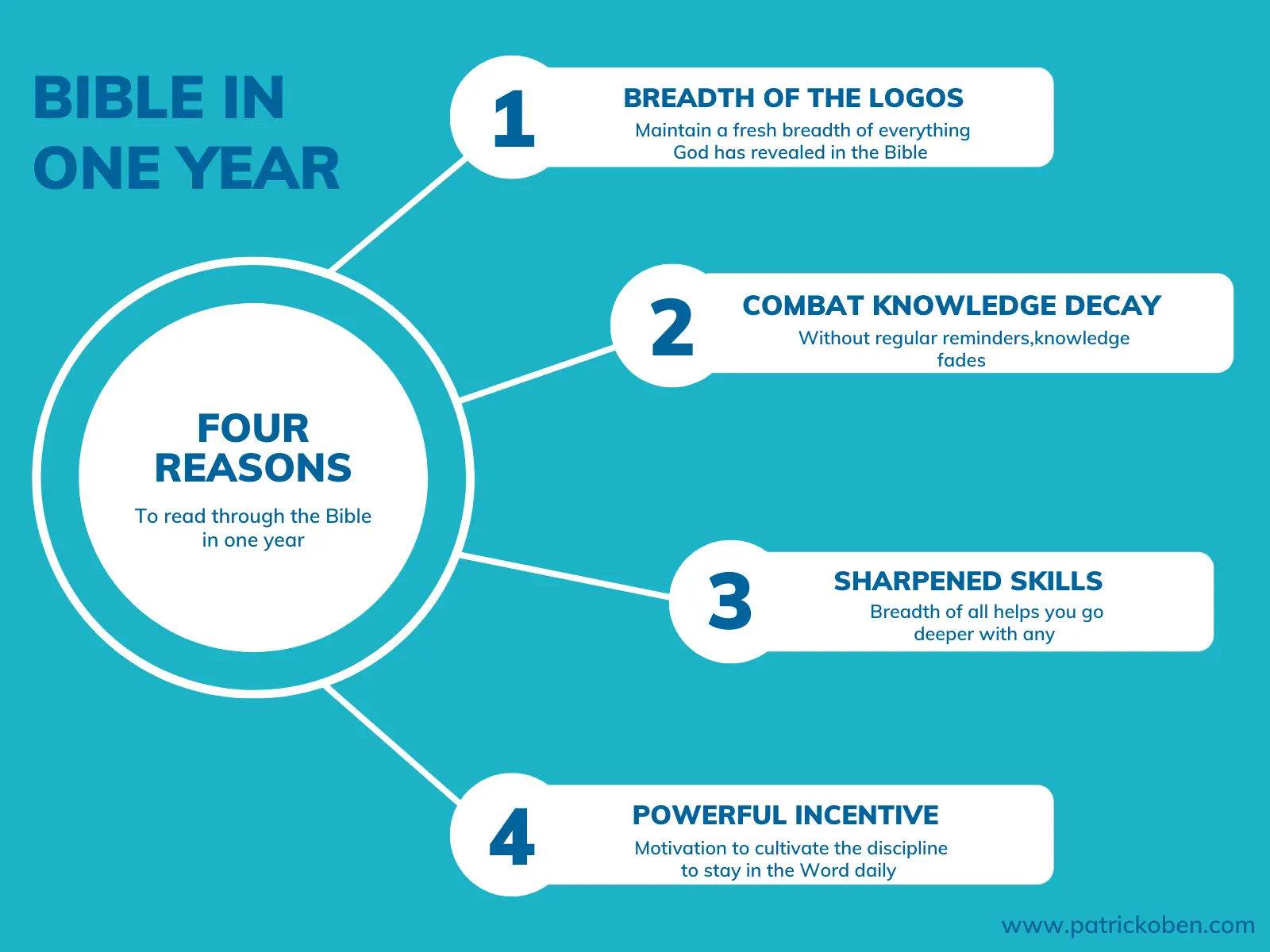
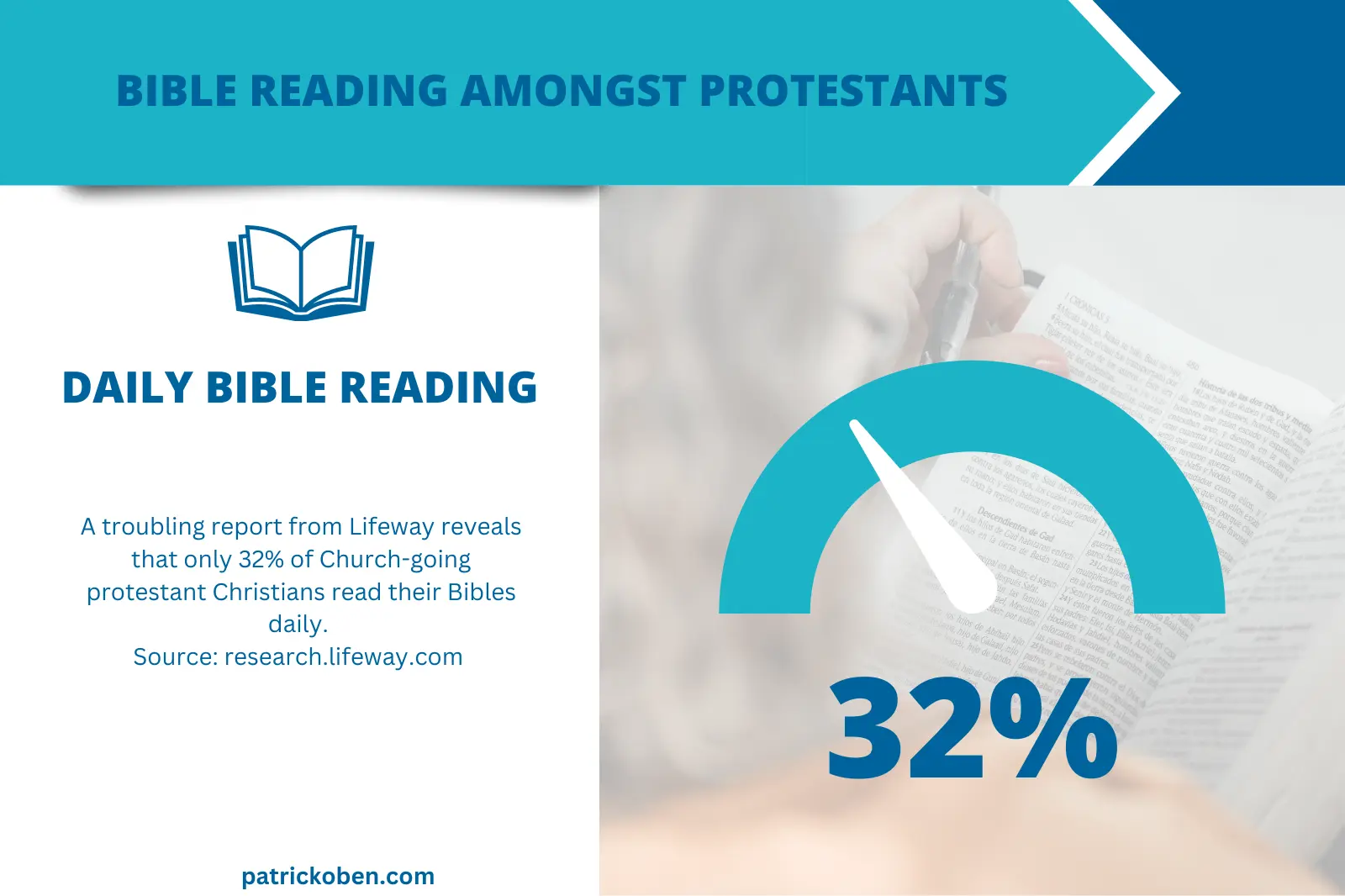
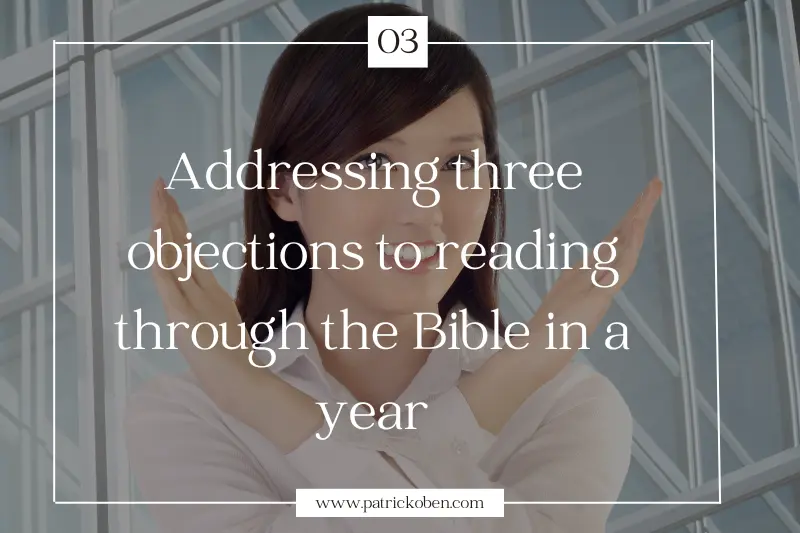



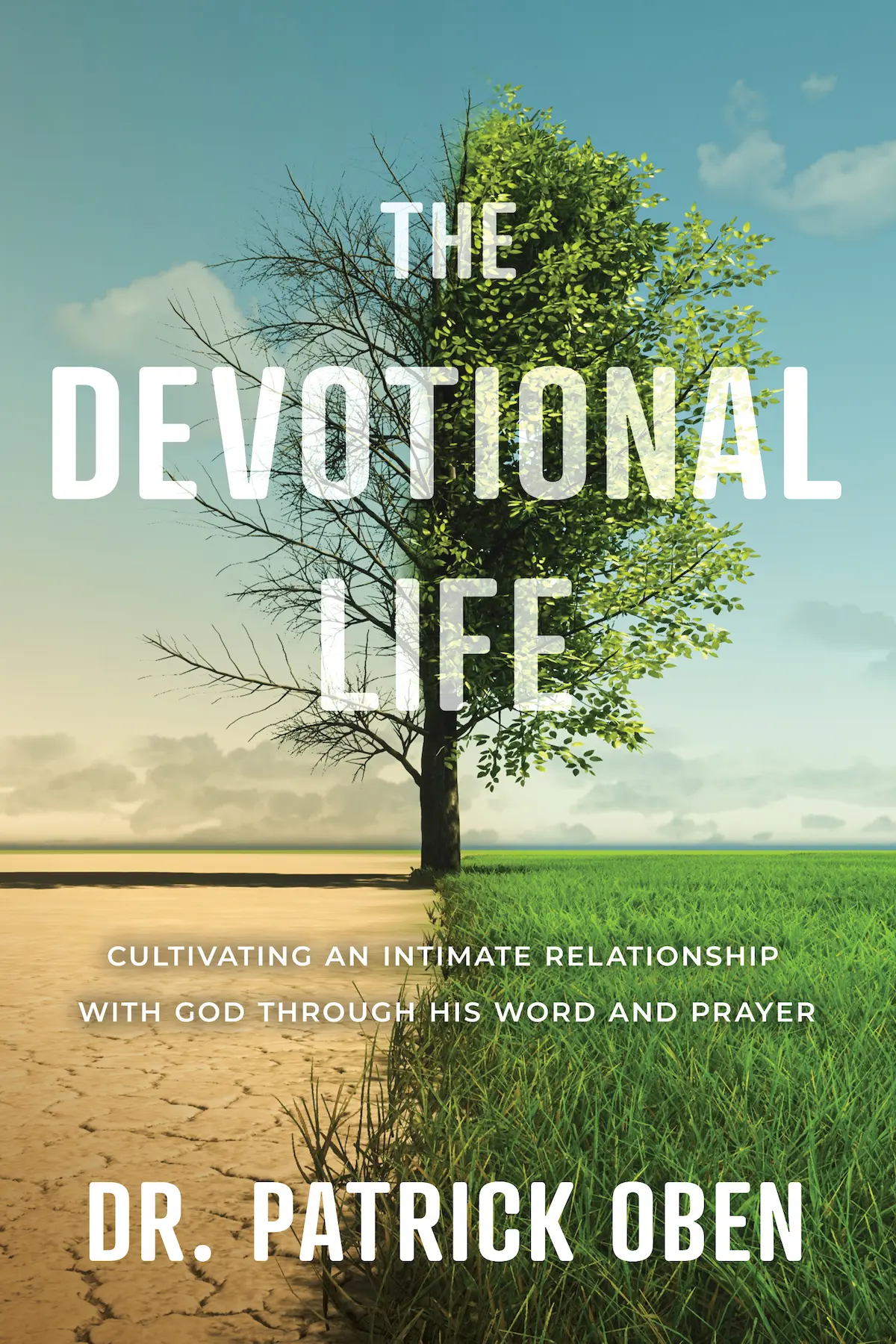
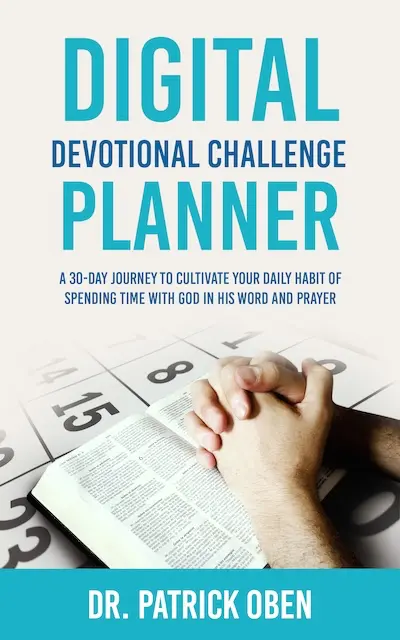


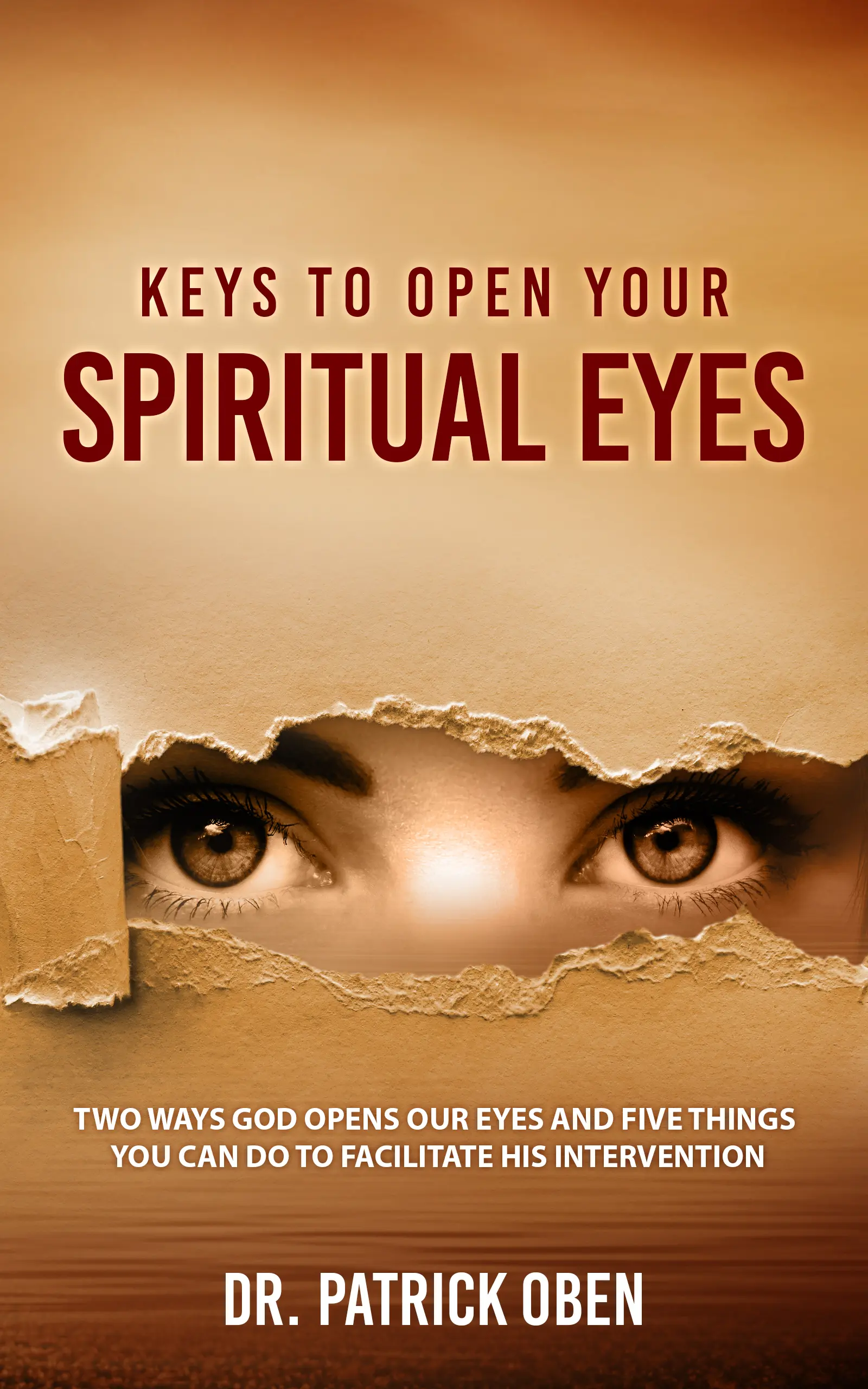
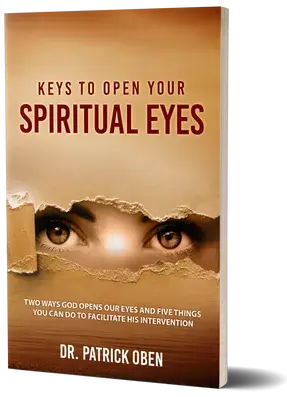
Thank you, Ben! Pleased you found the article useful and thank you for the feedback! Blessings.